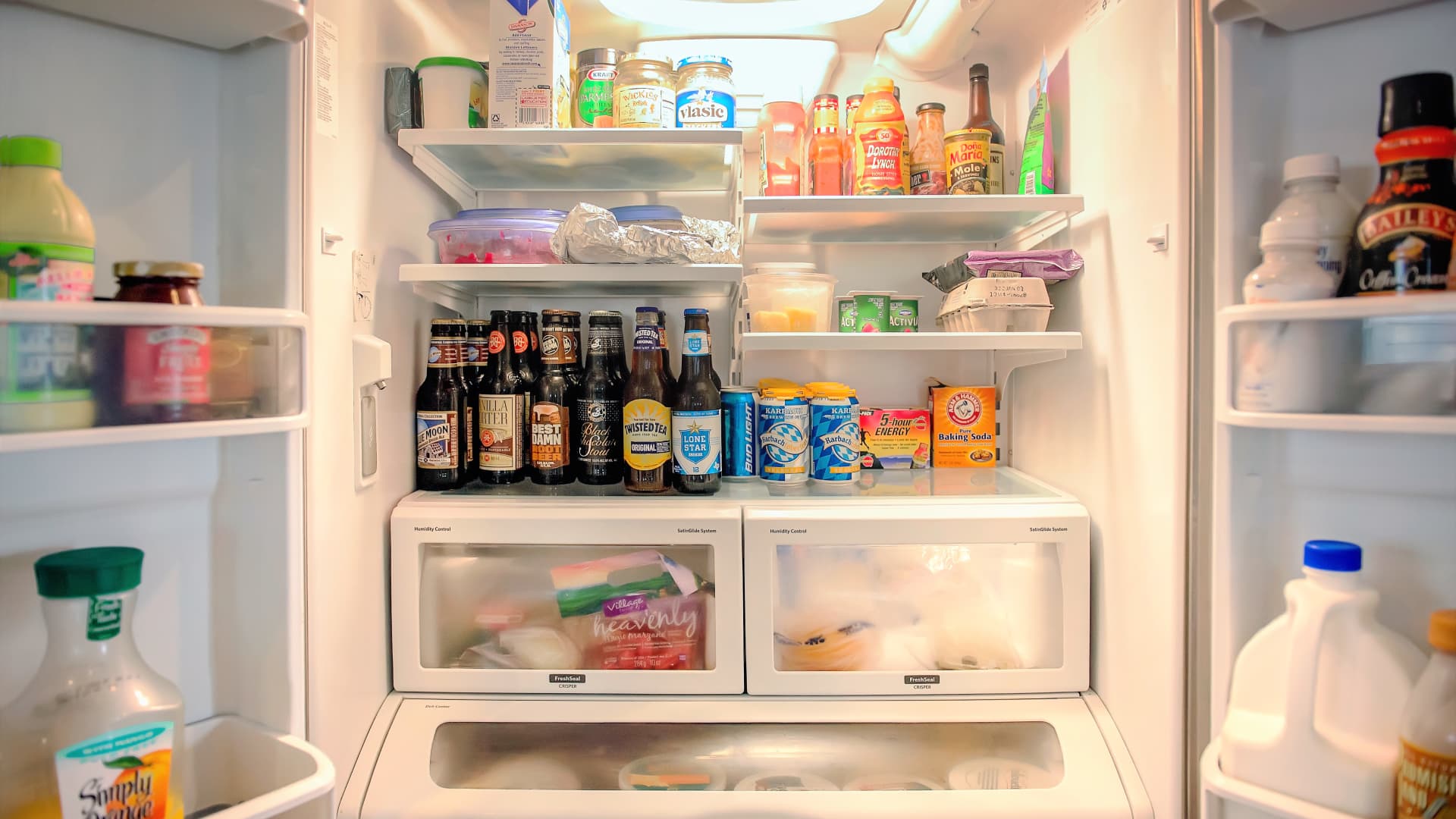
The food in your kitchen cabinets may not be what it seems.
“I guarantee you any time a product can be passed off as something more expensive, it will be. It’s that simple,” Larry Olmsted, author of “Real Food/Fake Food,” told CNBC.
Fraudsters motivated by economic gain secretly infiltrate the global food market through a variety of means, including counterfeits, dilutions, substitution and mislabeling.
This not only harms consumers’ wallets, but it also puts public health and safety at risk.
Some estimates say food fraud affects at least 1% of the global food industry at a cost as high as $40 billion a year, according to the Food and Drug Administration.
“We might not know the overall impact of food fraud because so much of what fraudsters do is hidden from us and has been for centuries.” Kristie Laurvick, senior manager of the foods program at the U.S. Pharmacopeial Convention, told CNBC.
Even the FDA says it can’t estimate how often this fraud happens or its economic impact.
“Be aware of the product that you put on you or plug in the wall,” John Spink, director of the Food Fraud Prevention Think Tank, told CNBC.
Between 2012 and 2021, the most common type food fraud was lying about an animal’s origin and dilution or substitution, both ranking at 16% of recorded incidents by food-safety monitor Food Chain ID.
For example, dilution could entail adding a cheaper vegetable oil to an expensive extra virgin olive oil.
“If I drink scotch, I couldn’t tell you [the] difference between a $50 bottle and a $5,000 bottle. So, I know I could be deceived at that point,” Spink said.
The Food Fraud Prevention Think Tank suggests five questions a consumer can ask themselves to reduce their vulnerability to product fraud.
- What type of product is it? Take extra caution with any product that you put on your body, ingest or plug in the wall.
- Can you recognize the difference between products?
- Do you know the retailer or supplier? Do you trust them?
- Are you shopping online? If so, did you find the online supplier from a reliable source?
- Complain. Is the supplier legitimate? If so, they will want to know.
Watch the video above to learn more about the different types of food fraud, how the industry is preventing risk, what consumers can do and where fraud in the olive oil, spices and seafood markets may be lurking.







